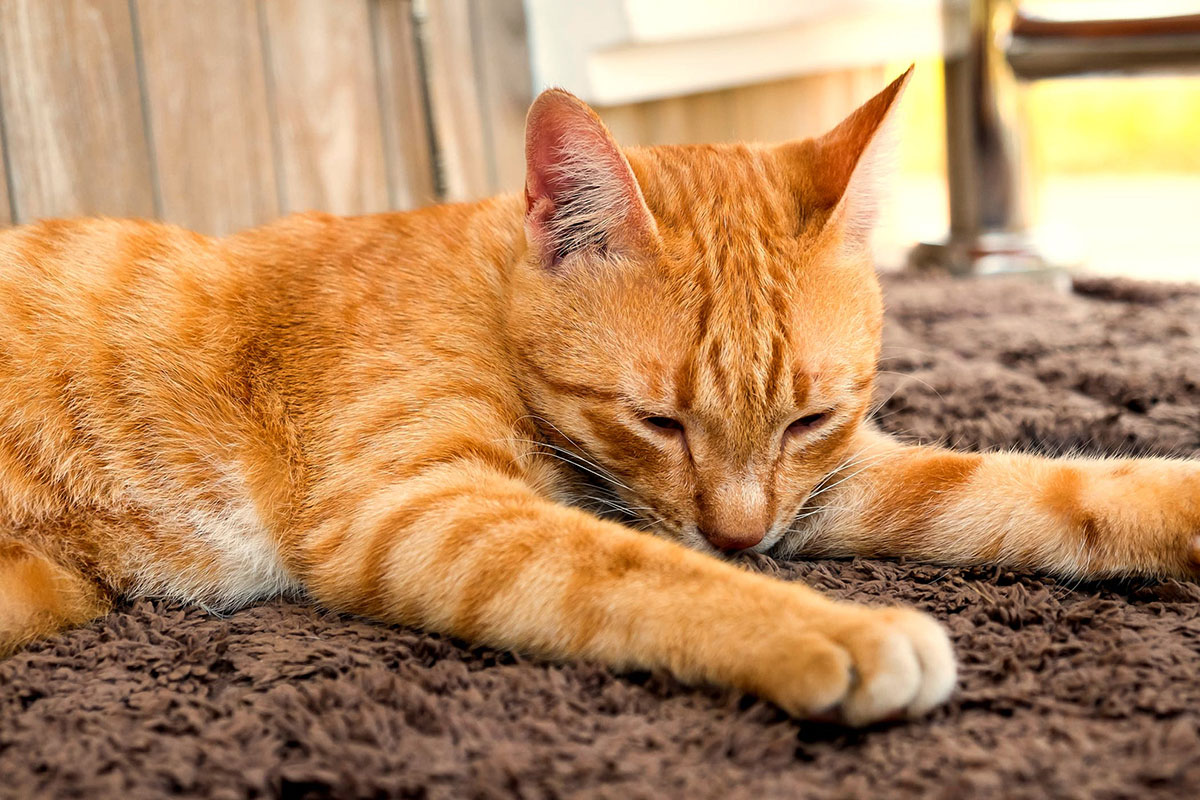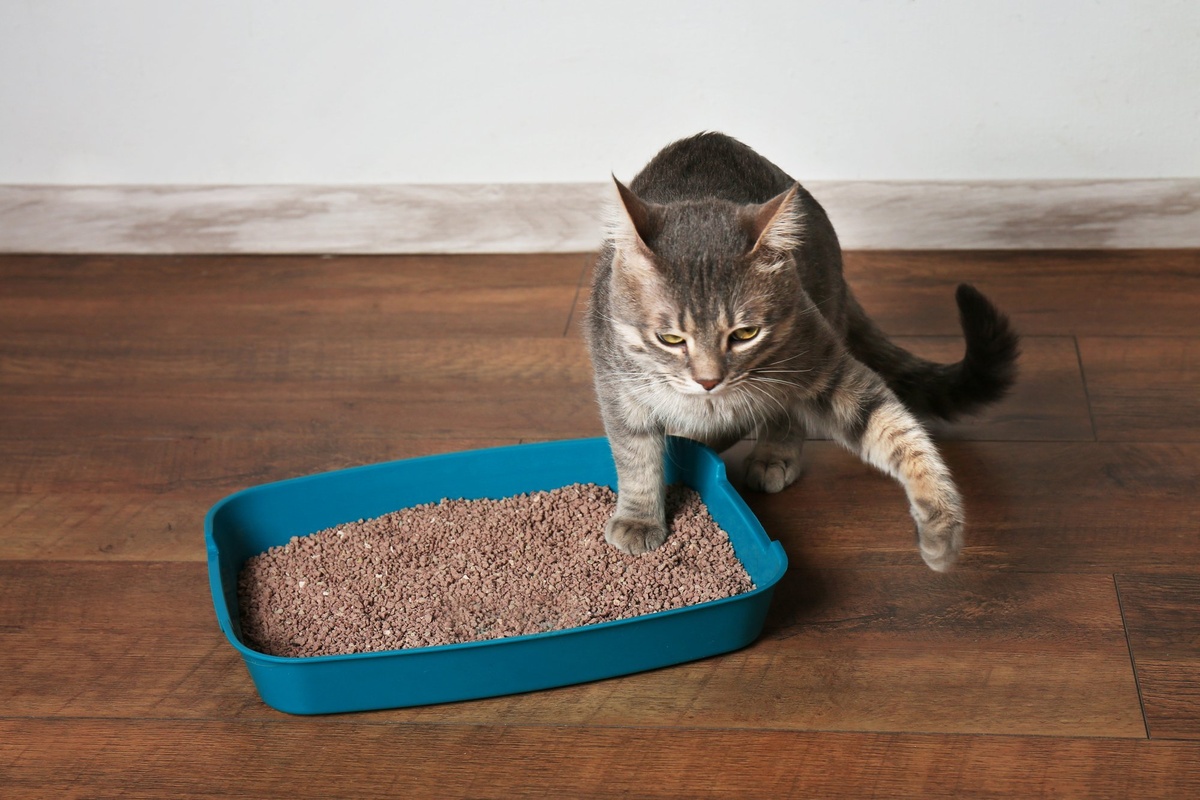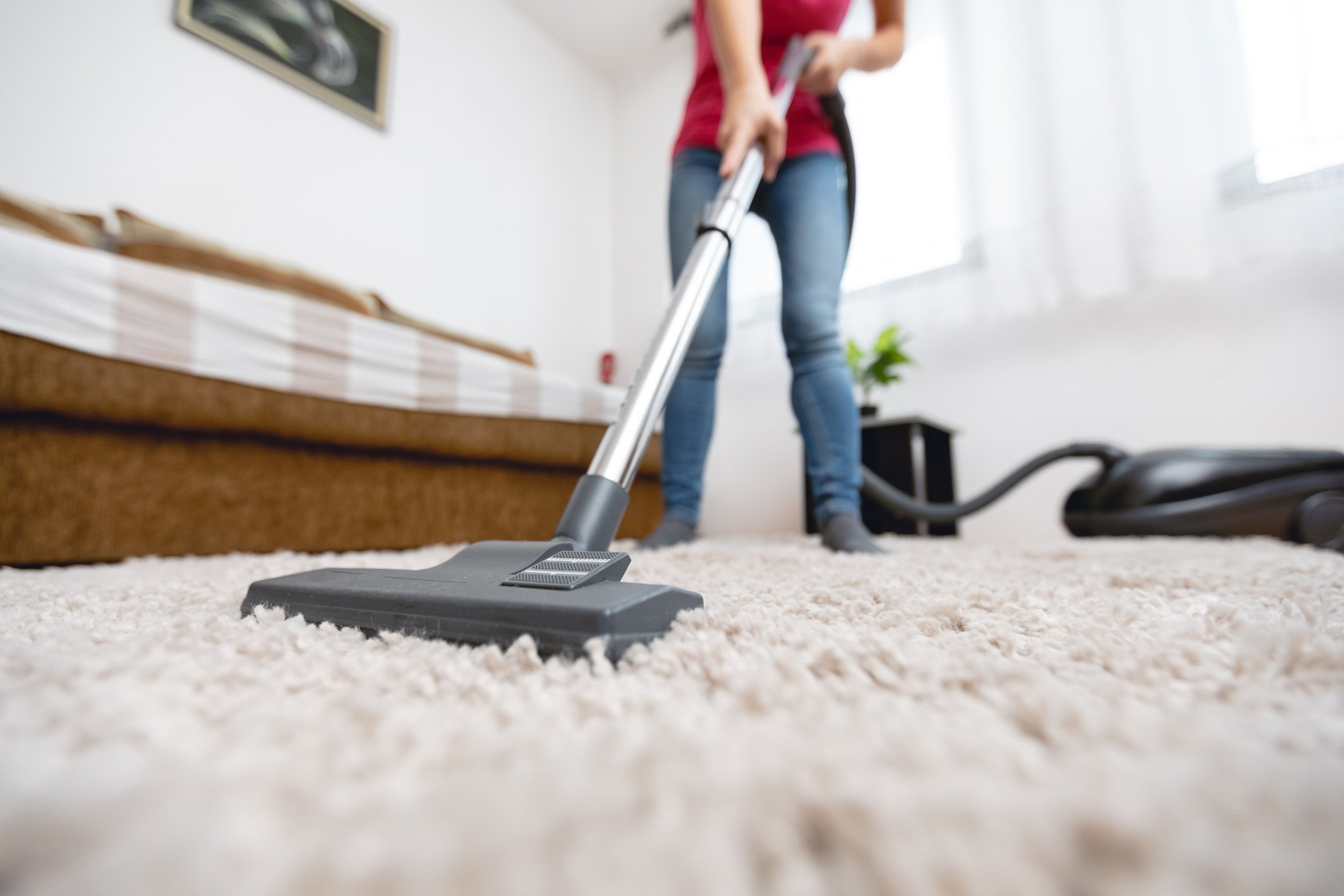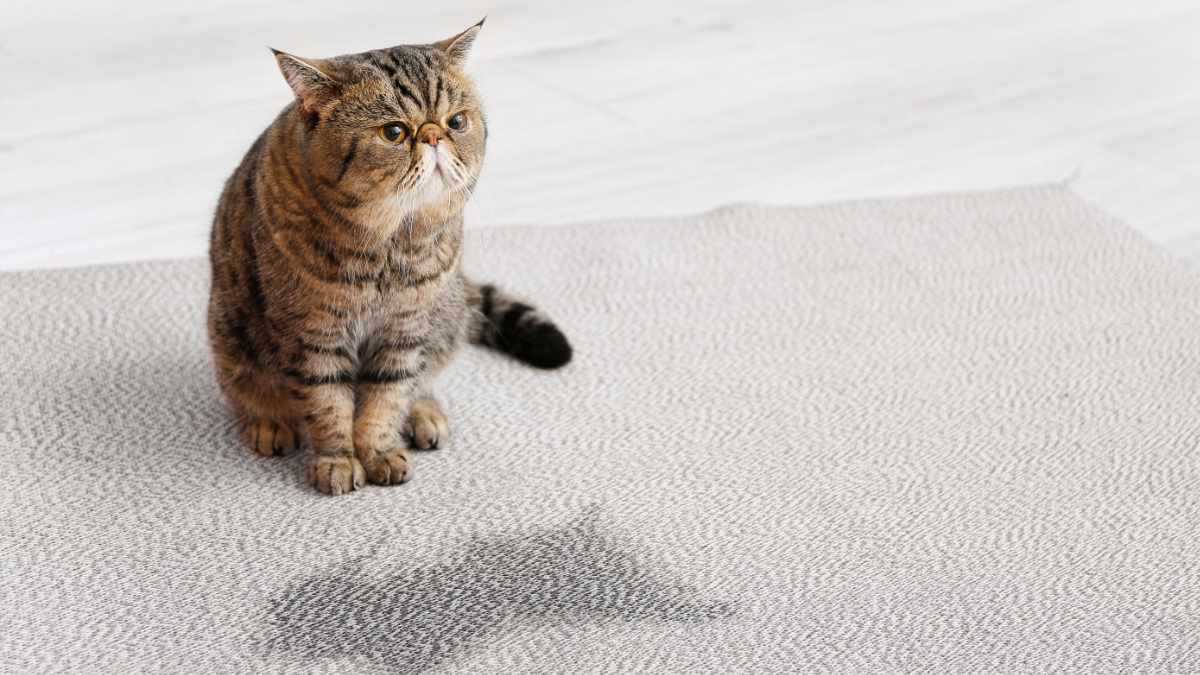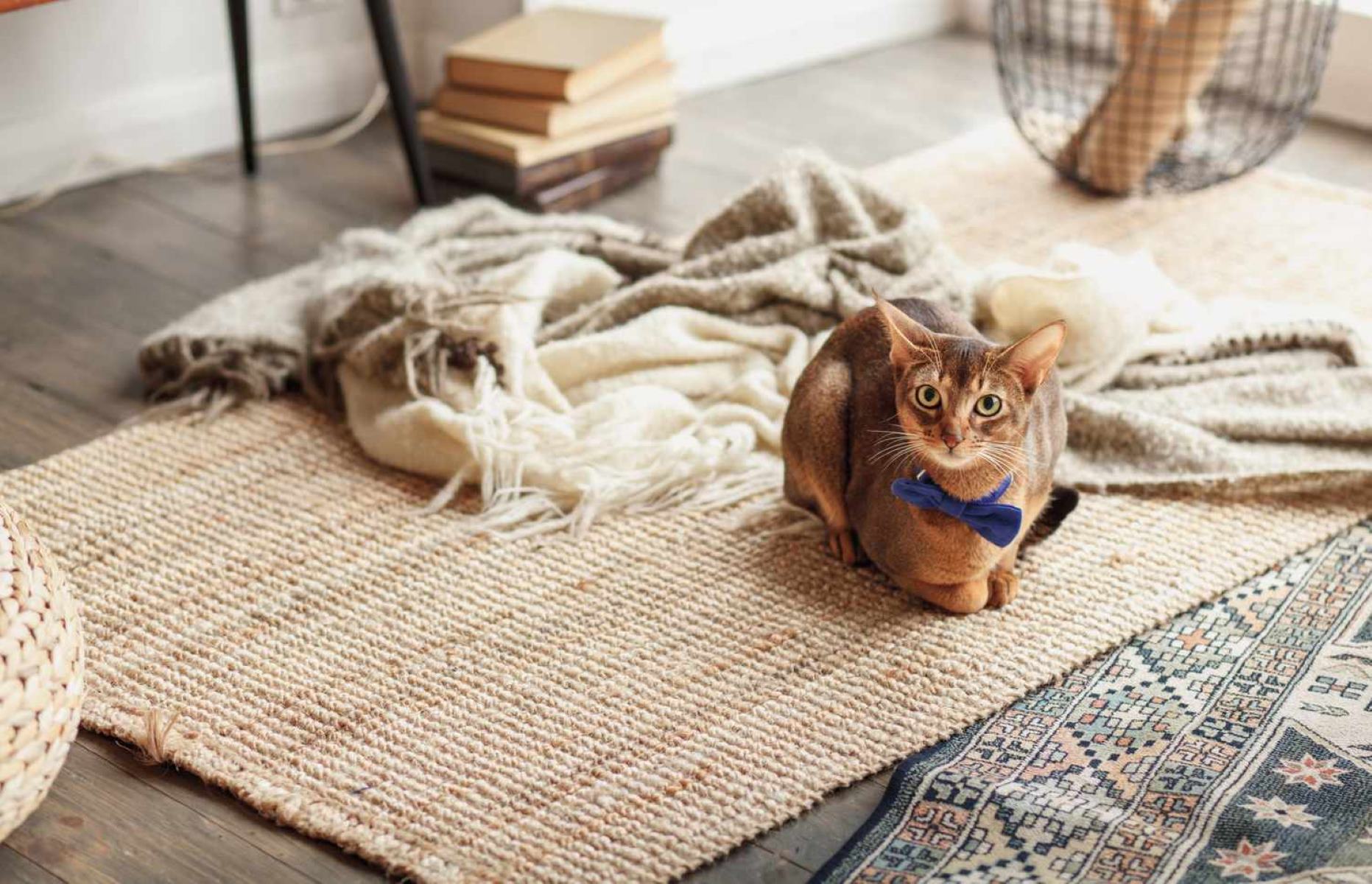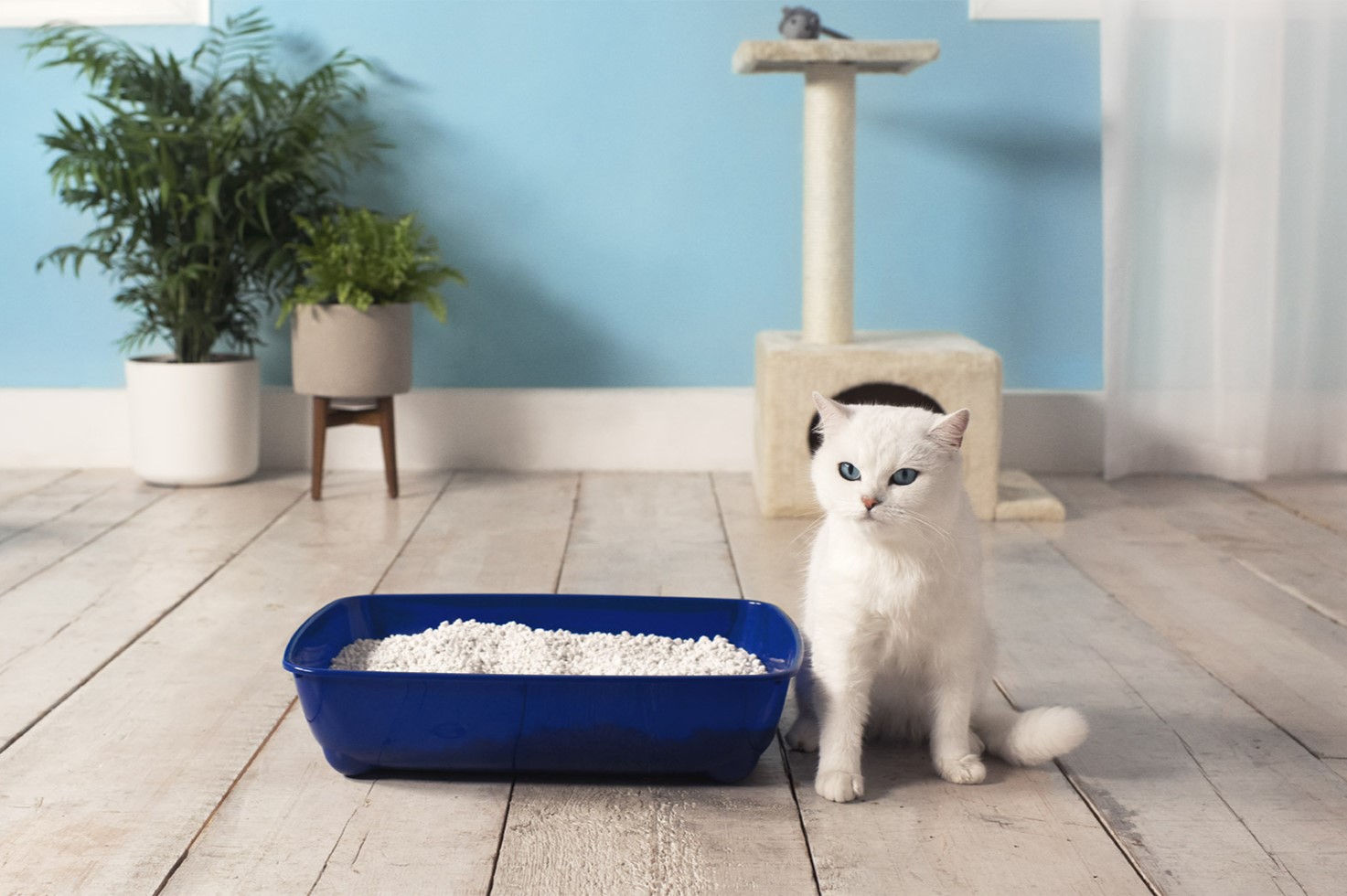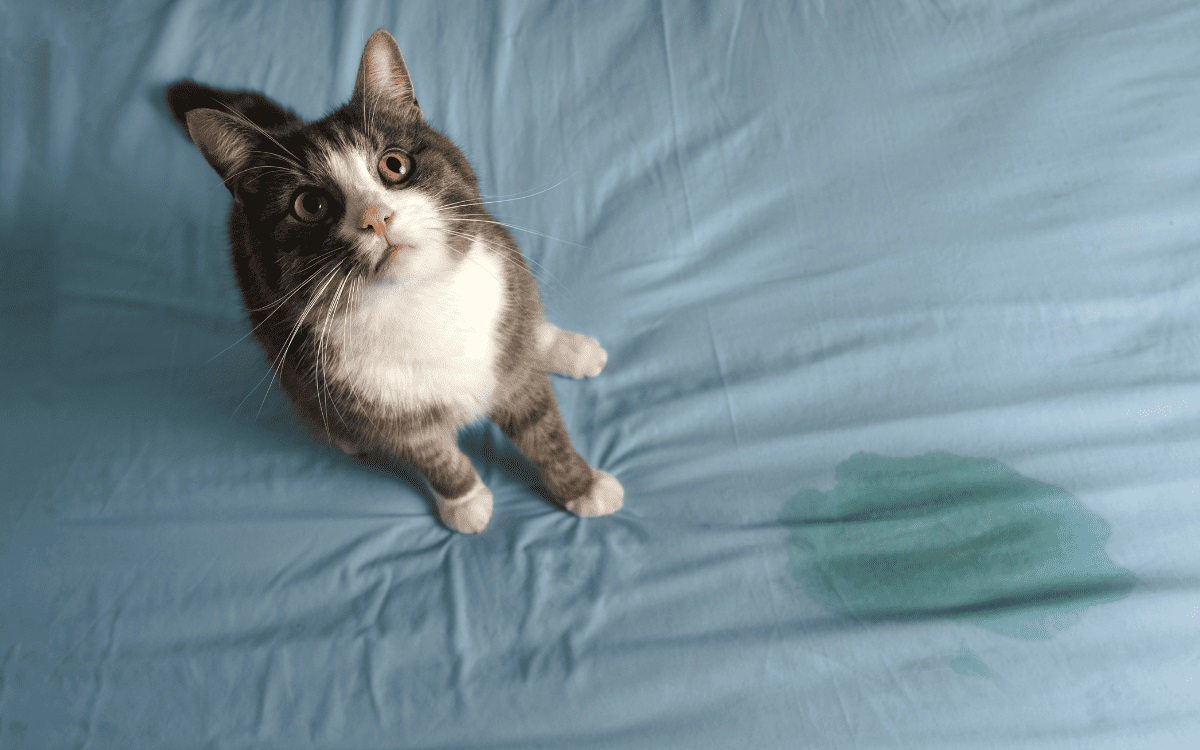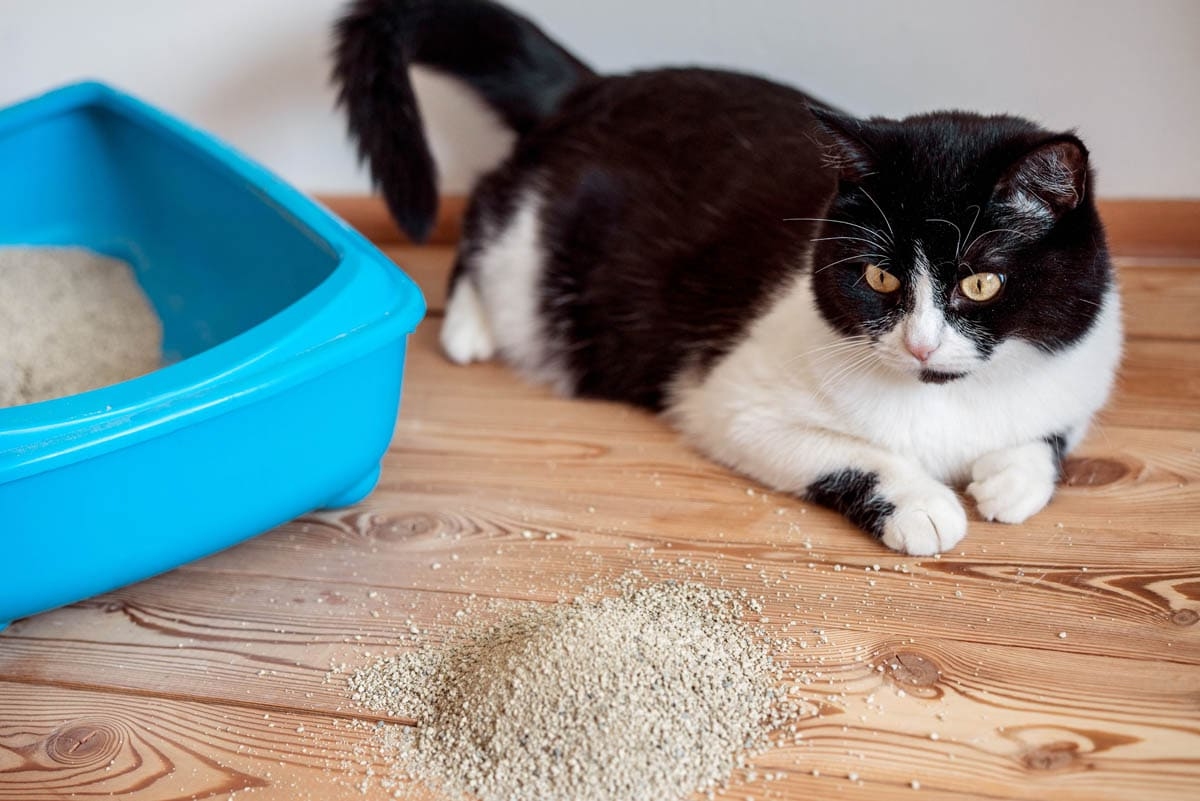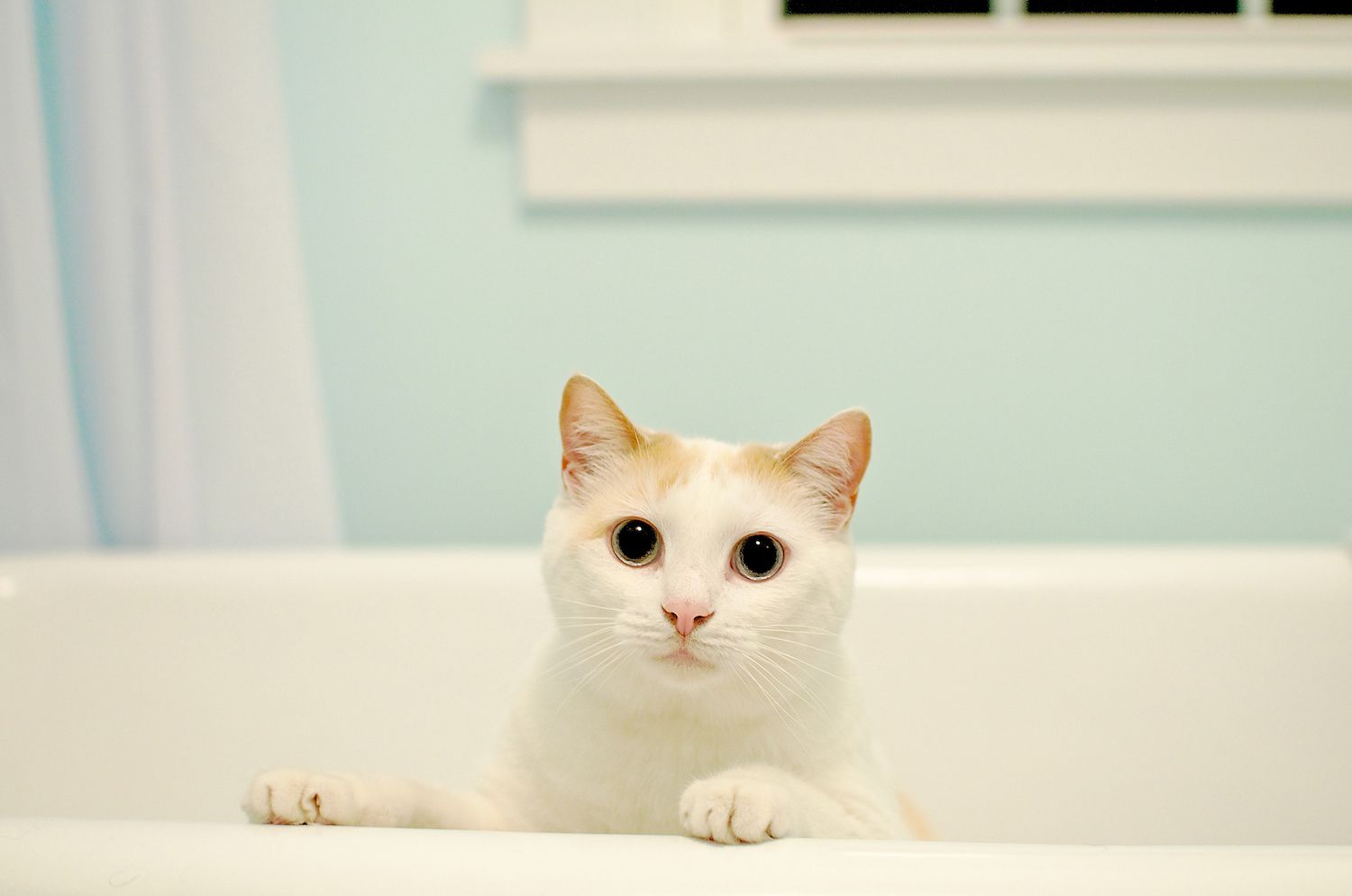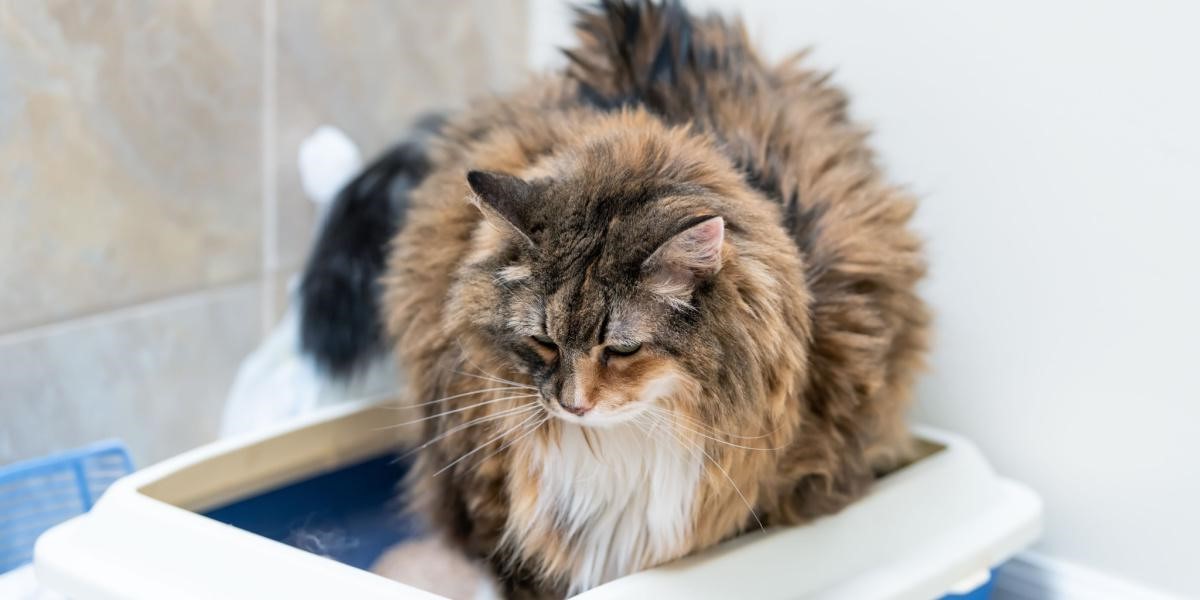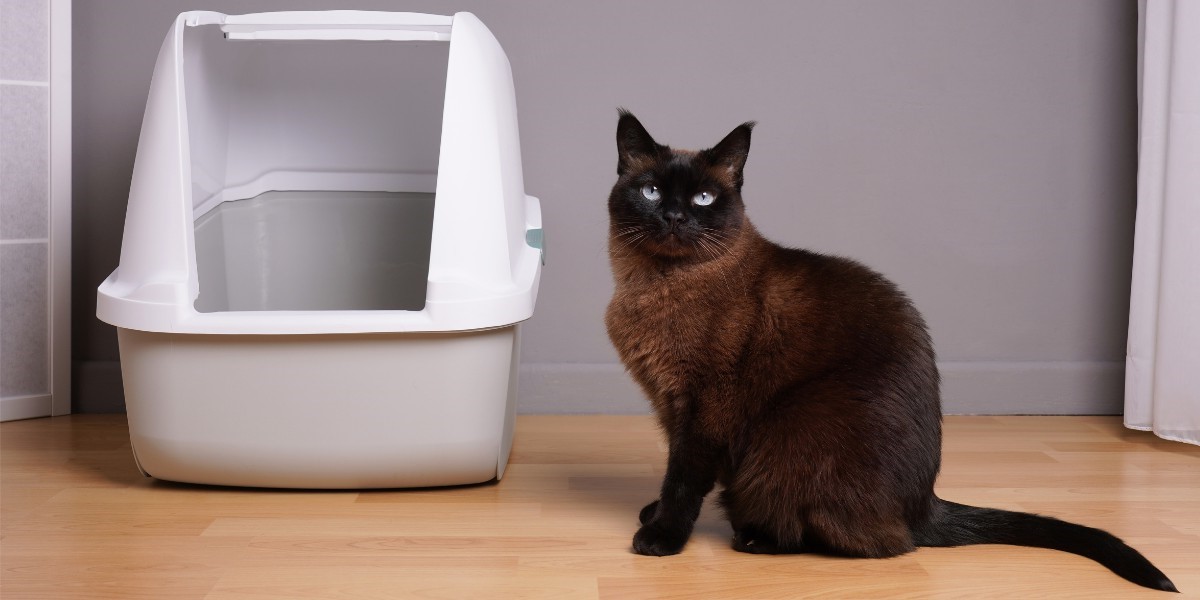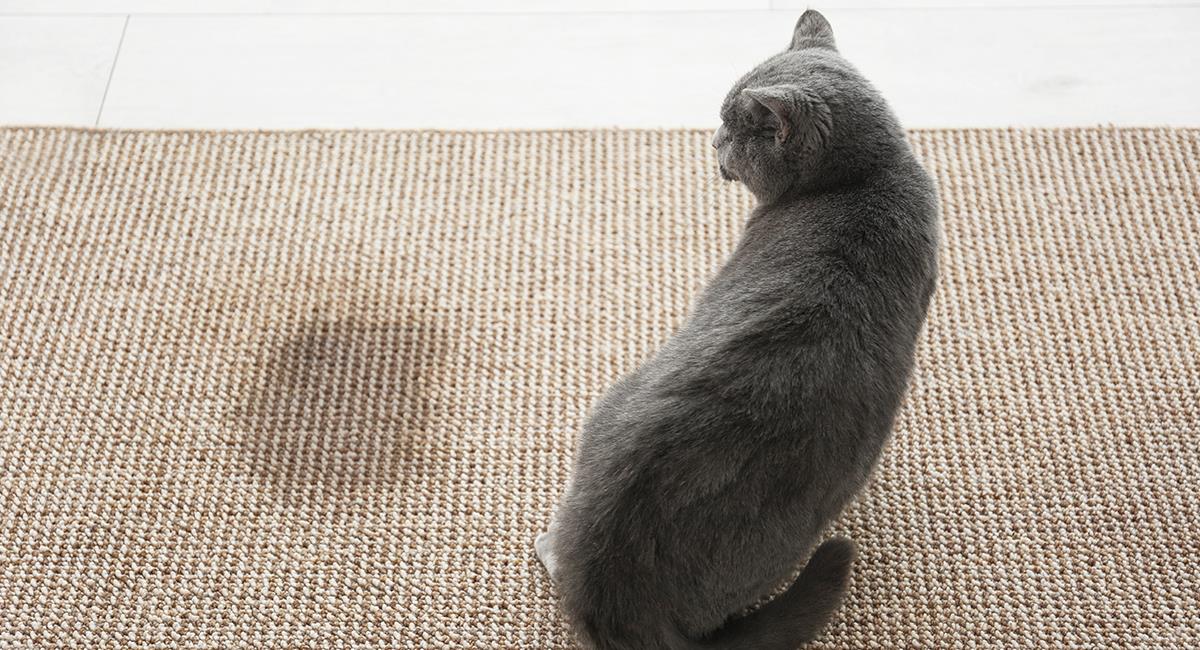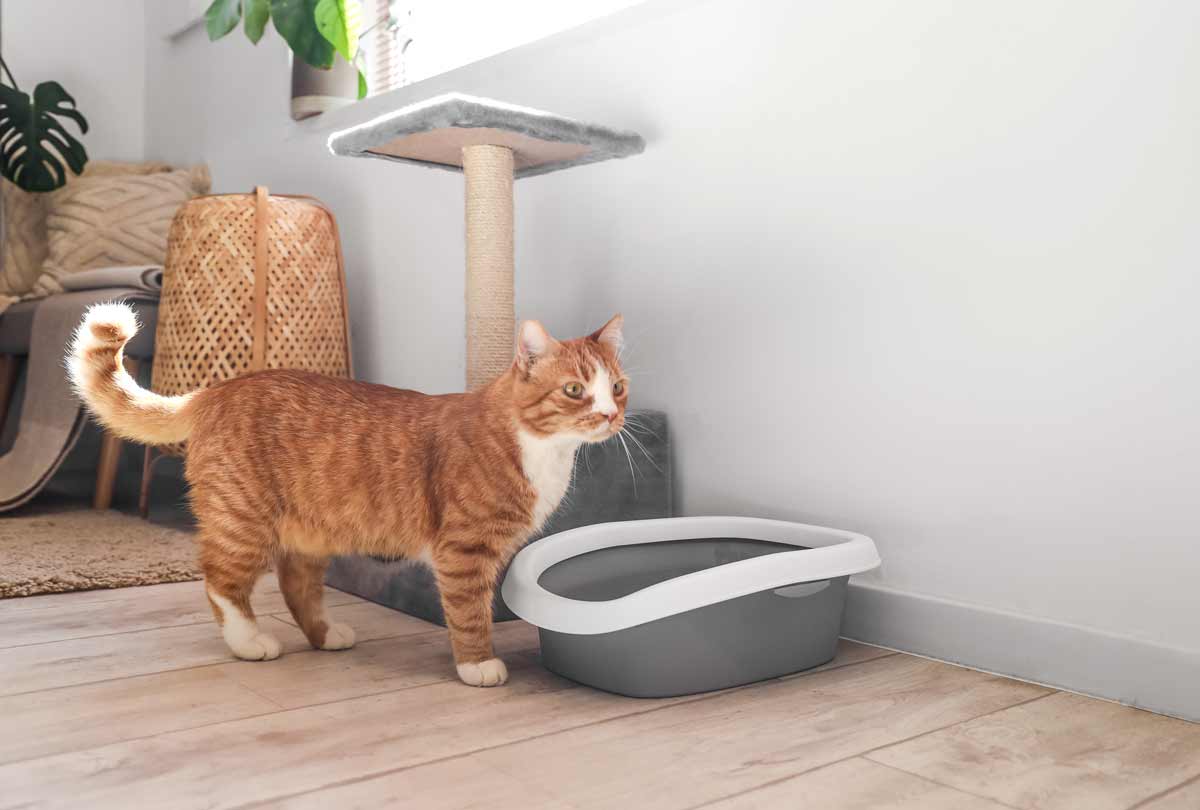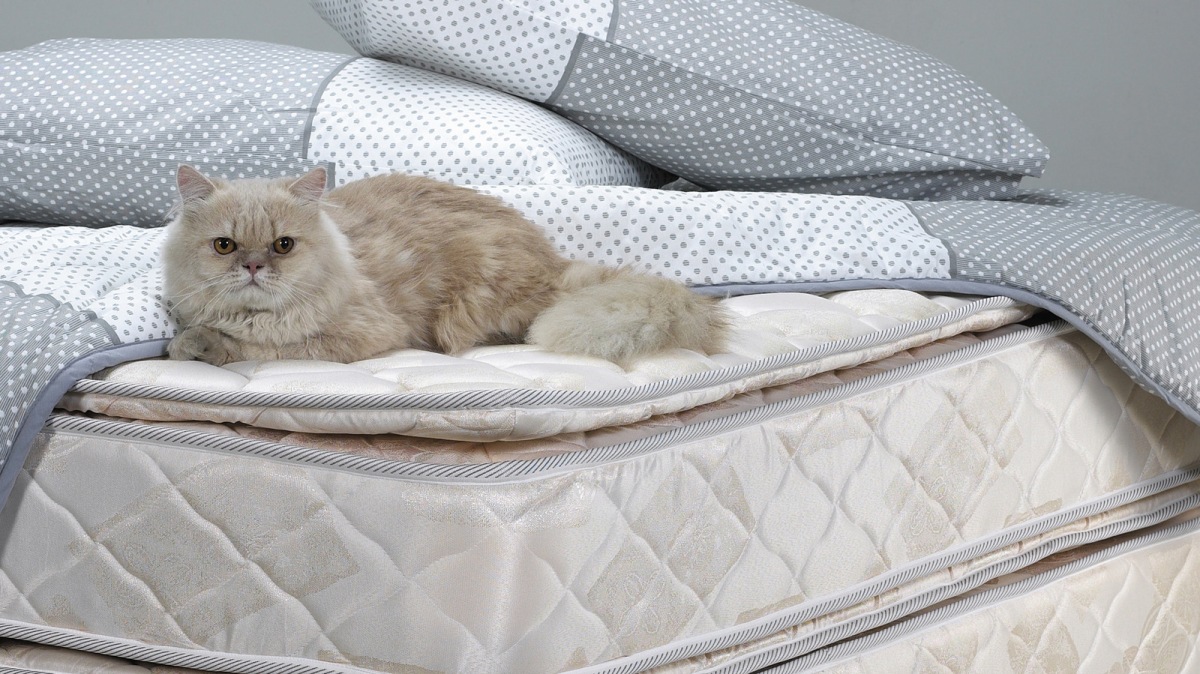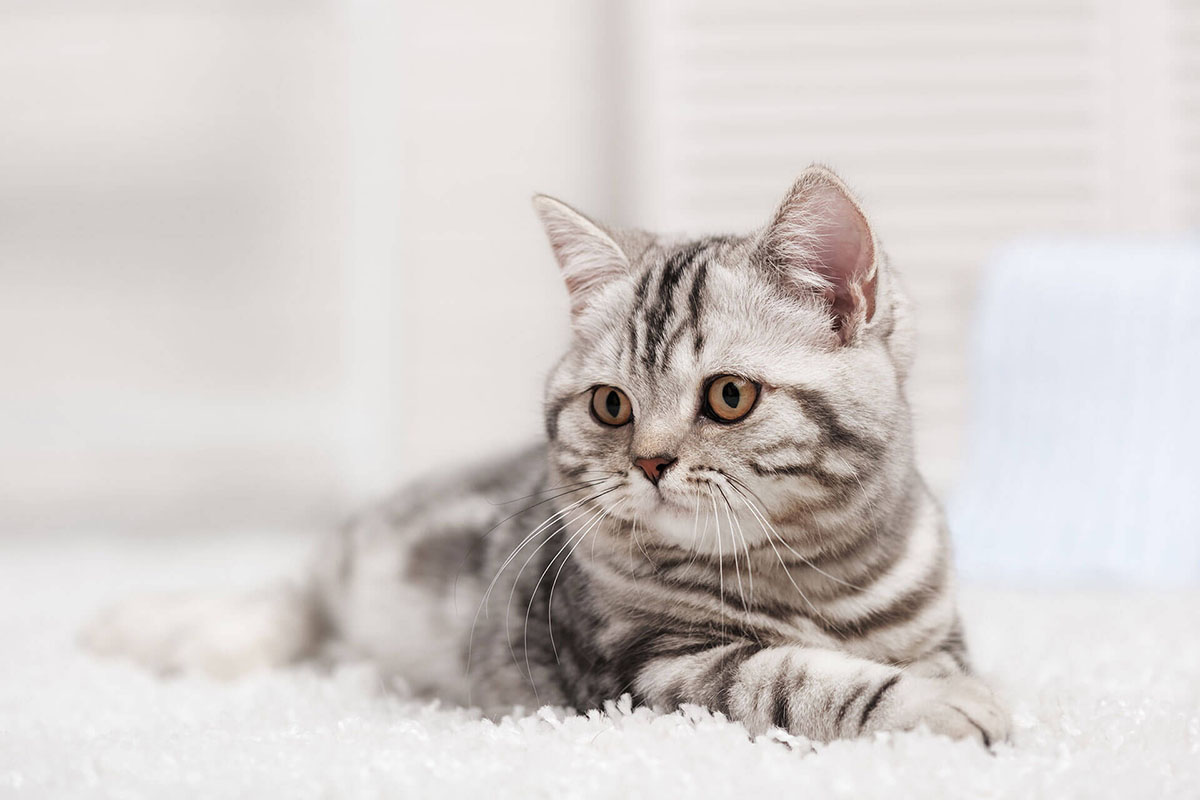

Articles
Why Do Cats Pee On Carpet
Modified: January 5, 2024
Discover articles exploring the reasons behind cats peeing on carpets. Explore solutions, prevention, and remedies for this common issue with feline behavior.
(Many of the links in this article redirect to a specific reviewed product. Your purchase of these products through affiliate links helps to generate commission for Storables.com, at no extra cost. Learn more)
Introduction
Cats are adorable creatures that bring joy and companionship to our lives. However, one frustrating behavior that many cat owners experience is when their furry friend decides to pee on the carpet. Not only does this create a mess and an unpleasant odor, but it can also be quite challenging to address.
Understanding why cats develop this behavior is crucial in finding effective solutions. It is important to remember that cats are unique individuals with their own instincts and needs. By delving into their behavior and identifying the underlying causes, we can better comprehend why cats sometimes choose the carpet as their bathroom spot.
In this article, we will explore the various reasons why cats pee on the carpet. We will examine both medical and behavioral factors that contribute to this behavior and discuss practical tips for preventing it from happening in the first place.
Key Takeaways:
- Understanding your cat’s natural instincts and behaviors, as well as addressing medical, environmental, and behavioral factors, is crucial in preventing carpet-peeing incidents and creating a harmonious environment for your furry friend.
- Prioritizing cleanliness and proper maintenance of the litter box, addressing environmental stressors, and consulting with a veterinarian are essential steps in preventing cats from peeing on the carpet and fostering healthy bathroom habits.
Read more: Why Do Cats Pee On The Floor
Understanding Feline Behavior
To comprehend why cats pee on the carpet, we must first delve into their natural instincts and behavior patterns. Cats are territorial creatures by nature, and their urine serves as a powerful form of communication.
Natural Instincts: Cats have an innate instinct to mark their territory, which includes both vertical surfaces like walls and furniture, as well as horizontal surfaces like the carpet. By leaving their scent through urine marking, cats are effectively claiming their space and sending signals to other cats in the area.
Territorial Marking: If your cat is urinating on the carpet, it may be their way of marking their territory. This behavior is more common in multi-cat households, as cats may feel the need to establish boundaries and show dominance over their living area.
Stress and Anxiety: Cats are sensitive creatures, and stress or anxiety can trigger inappropriate urination. Major changes in their environment, such as moving to a new house, the presence of new pets, or unfamiliar visitors, can all contribute to heightened levels of stress. In response, cats may resort to marking their territory on the carpet to alleviate their anxiety and assert their familiarity and security.
Understanding these natural instincts and their impact on feline behavior is essential in addressing and preventing carpet-peeing incidents. By recognizing that cats are driven by their instincts and emotions, we can approach the issue from a more empathetic and informed perspective.
Medical Reasons for Inappropriate Urination
Cats may also pee on the carpet due to underlying medical conditions. It’s important to keep in mind that if your cat suddenly starts urinating outside of the litter box, it could be a sign of an underlying health issue. Consulting with a veterinarian is crucial to rule out any medical causes for this behavior. Here are some common medical reasons for inappropriate urination:
Urinary Tract Infection: A urinary tract infection (UTI) can cause discomfort and urgency in cats. When they associate the litter box with pain, they may start avoiding it and urinating on the carpet instead. UTIs can be diagnosed through a urine sample and are usually treated with antibiotics.
Feline Lower Urinary Tract Disease (FLUTD): FLUTD refers to a collection of conditions that affect the urinary system in cats. These conditions, such as bladder stones or urethral blockage, can cause pain and difficulty in urination. Cats may avoid the litter box due to the discomfort and choose softer surfaces like the carpet. Treatment for FLUTD depends on the underlying cause and may involve dietary changes, medication, or surgery.
Diabetes: Diabetes is a metabolic disorder that affects the way the body processes glucose. Increased thirst and frequent urination are common symptoms of feline diabetes. If your cat has diabetes, they may struggle to make it to the litter box in time and may urinate on the carpet instead. Treatment typically involves insulin therapy and dietary management.
Kidney Disease: Chronic kidney disease can cause increased drinking and urination in cats. When the kidneys are not functioning properly, they may struggle to concentrate the urine, leading to more frequent urination. Cats with kidney disease may have accidents outside of the litter box, including on the carpet. Management of kidney disease involves a combination of medication, dietary changes, and supportive care.
If you suspect that a medical condition may be causing your cat to pee on the carpet, it is essential to schedule a visit with a veterinarian. They will be able to conduct the necessary tests and provide appropriate treatment to address the underlying health issue.
Environmental Factors
Aside from medical reasons and natural instincts, there are various environmental factors that can contribute to a cat’s decision to pee on the carpet. Understanding and addressing these factors can help prevent this behavior from occurring. Here are some important environmental considerations:
Litter box issues: Cats are creatures of habit, and any changes or issues with their litter box can cause them to seek alternative places to urinate. If the litter box is too small, too dirty, or has an unfavorable texture, cats may opt for the carpet. Ensuring you have an appropriately sized litter box and regularly cleaning it can go a long way in preventing accidents.
Location of litter box: The location of your cat’s litter box can significantly impact their willingness to use it. It should be placed in a quiet, low-traffic area of your home where your cat can have privacy. Avoid placing the litter box near noisy appliances or in areas that can make your cat feel trapped or vulnerable. If the litter box is difficult to access or inconveniently located, your cat may resort to using the carpet instead.
Type of litter: Some cats have specific preferences when it comes to the type of litter they use. Experimenting with different textures, such as clumping or non-clumping litter, and different materials, such as clay or recycled paper, can help you find the litter that your cat prefers. Providing a litter that your cat finds comfortable and appealing can reduce the likelihood of accidents on the carpet.
Cleanliness of litter box: Cats are meticulous creatures, and a dirty litter box can be a major deterrent. Regularly scooping and cleaning the litter box is essential to keep it fresh and inviting for your cat. Cats may avoid a dirty litter box and find alternative spots, including the carpet, to relieve themselves. Aim to clean the litter box daily and completely change the litter on a regular basis.
By addressing these environmental factors, you can create a more cat-friendly environment and reduce the likelihood of your cat peeing on the carpet. Providing a clean, appropriate, and accessible litter box will encourage your cat to use it consistently.
Ensure your cat’s litter box is clean and easily accessible. Cats may pee on carpet due to stress, medical issues, or territorial marking. Consult a vet if the behavior persists.
Behavioral Issues
In addition to medical reasons and environmental factors, certain behavioral issues can contribute to a cat’s decision to pee on the carpet. Cats are sensitive creatures, and changes in their environment or routine can cause stress and anxiety, leading to inappropriate urination. Here are some common behavioral issues to consider:
Changes in the household: Cats are creatures of habit, and major changes in their living situation can be stressful. Moving to a new house, rearranging furniture, or introducing new family members can disrupt their sense of security and trigger anxiety. This anxiety may lead to a cat avoiding the litter box and peeing on the carpet as a way to establish familiarity or exert control in their environment.
New pets or visitors: The introduction of a new pet or the presence of unfamiliar visitors can also cause stress in cats. Cats are territorial animals, and the presence of another animal in their space can be intimidating. When faced with a perceived threat, a cat may mark their territory by urinating on the carpet. Similarly, unfamiliar visitors can cause anxiety and trigger the same response.
Conflict with other animals: If you have multiple pets in your household, inter-animal conflict can lead to a cat peeing on the carpet. Whether the conflict is between cats or between different species, such as a cat and a dog, it can create a tense atmosphere. In an attempt to establish dominance or avoid confrontations, a cat may resort to marking their territory on the carpet.
Separation anxiety: Cats form strong bonds with their owners and can experience separation anxiety when left alone for extended periods. This anxiety can manifest in various ways, including inappropriate urination. If a cat feels stressed or anxious when separated from their owner, they may seek comfort and reassurance by urinating on the carpet.
Addressing these behavioral issues requires patience, understanding, and sometimes professional guidance. Creating a stable and harmonious environment, gradually introducing new pets or visitors, and managing separation anxiety can help reduce stress and minimize incidents of carpet-peeing.
Read more: How To Stop Cats From Peeing On The Carpet
Tips for Preventing Cats from Peeing on the Carpet
Dealing with a cat peeing on the carpet can be frustrating, but there are several steps you can take to prevent this behavior from happening. By addressing the underlying issues and creating a cat-friendly environment, you can encourage your cat to use the litter box consistently. Here are some helpful tips:
Ensuring a clean litter box: Cats are clean animals and prefer a tidy environment. Regularly scoop the litter box to remove waste and clumps, and replace the litter as needed. A clean litter box will be more enticing for your cat to use, reducing the chances of accidents on the carpet.
Proper litter box placement: Choose a quiet and easily accessible location for the litter box. Avoid placing it near noisy appliances or in areas that may make your cat feel trapped or vulnerable. Make sure the litter box is placed in a low-traffic area where your cat can have privacy and not be disturbed.
Providing multiple litter boxes: In multi-cat households, it’s essential to provide enough litter boxes for each cat. The general rule of thumb is to have one litter box per cat, plus an additional one. This ensures that each cat has options and reduces the likelihood of territorial conflicts. Distribute the litter boxes throughout your home for convenience.
Addressing environmental stressors: Minimize stress and anxiety in your cat’s environment to prevent them from seeking alternative places to urinate. Maintain a consistent routine, provide ample play and exercise opportunities, and create safe spaces for your cat to retreat to. Additionally, consider using pheromone sprays or diffusers, which can help create a calming atmosphere for your cat.
Consultation with a veterinarian: If you’ve tried various strategies and your cat continues to pee on the carpet, it’s crucial to consult with a veterinarian. They can rule out any medical conditions that may be contributing to the behavior and provide additional guidance based on your cat’s specific needs and circumstances.
Remember, patience and consistency are key when addressing this issue. Avoid punishing your cat for accidents on the carpet, as this may only increase their stress and worsen the behavior. Instead, focus on positive reinforcement and providing your cat with a comfortable and inviting litter box environment.
Conclusion
Dealing with a cat peeing on the carpet can be a challenging and frustrating situation for any cat owner. However, by understanding the underlying reasons and taking appropriate measures, you can prevent this behavior and create a harmonious environment for your furry friend.
It’s important to recognize that cats have natural instincts and behaviors that contribute to their choice of urinating on the carpet. Factors such as territorial marking, stress, and anxiety can drive this behavior. Additionally, medical conditions, litter box issues, and environmental stressors can also play a role.
To prevent cats from peeing on the carpet, prioritize cleanliness and proper maintenance of the litter box. Ensure the litter box is located in a quiet and accessible area, provide multiple boxes in multi-cat households, and use litter that your cat finds comfortable. Address any environmental stressors and consult with a veterinarian if the problem persists.
Remember to approach this issue with patience and understanding. Punishing or scolding your cat will only increase their stress level and make the behavior worse. Instead, focus on positive reinforcement and creating a calm and inviting environment for your cat.
By taking these steps and addressing the underlying causes, you can help your cat establish healthy bathroom habits and maintain a clean and odor-free home. If you continue to face challenges, don’t hesitate to seek professional advice from a veterinarian or an animal behaviorist who can provide further guidance tailored to your cat’s specific needs.
With dedication and a proactive approach, you can successfully prevent your cat from peeing on the carpet and foster a happy and stress-free living environment for both you and your beloved feline companion.
Frequently Asked Questions about Why Do Cats Pee On Carpet
Was this page helpful?
At Storables.com, we guarantee accurate and reliable information. Our content, validated by Expert Board Contributors, is crafted following stringent Editorial Policies. We're committed to providing you with well-researched, expert-backed insights for all your informational needs.
